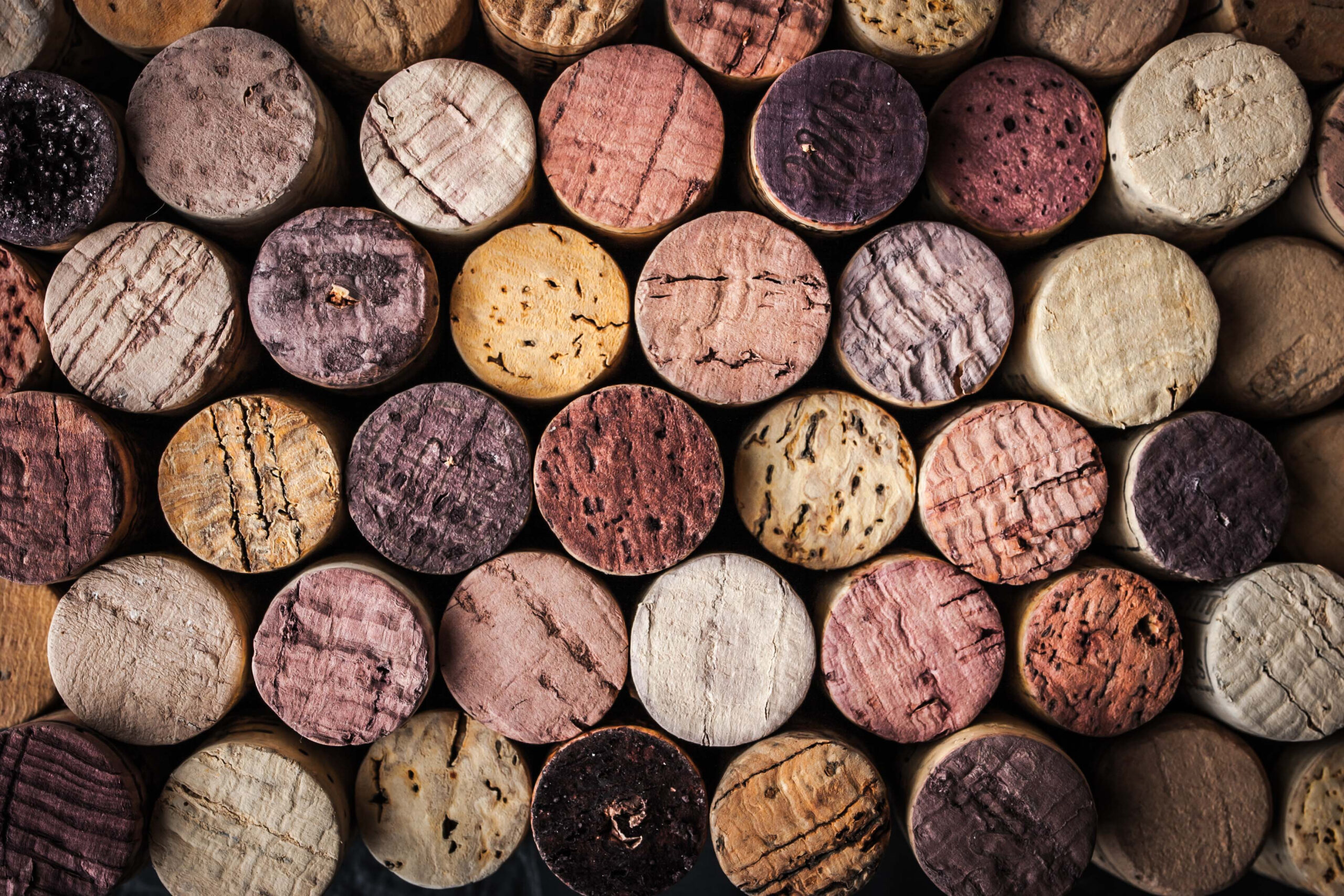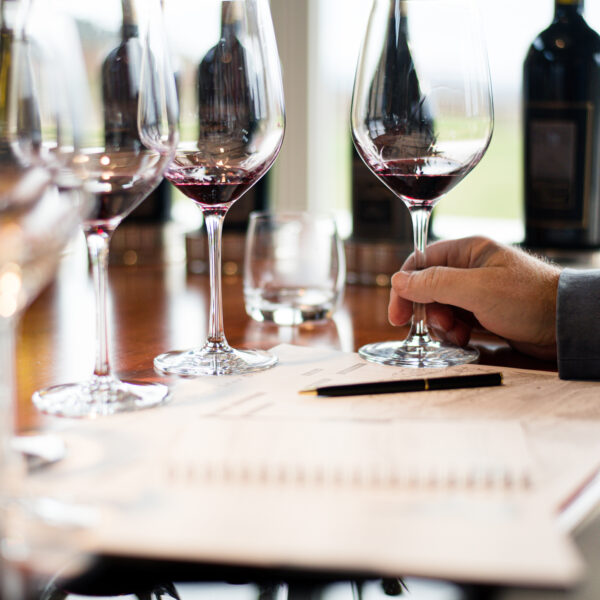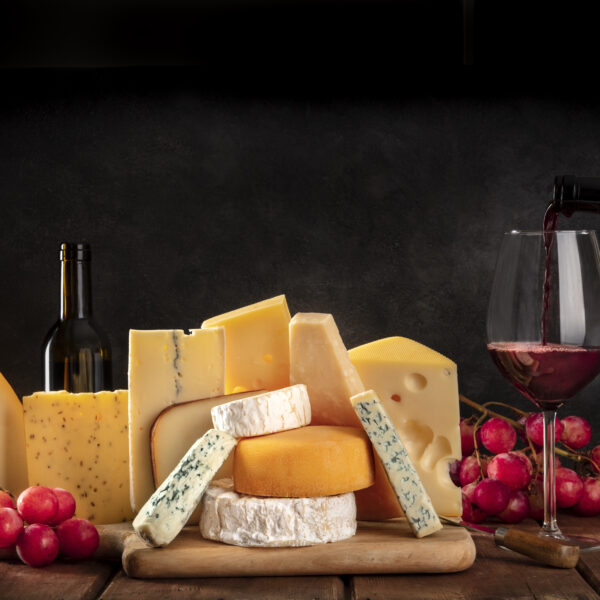As the wine industry navigates through shifting landscapes, the 2024 State of the Wine Industry Report highlights a pivotal trend: consumer preferences are rapidly evolving, and market dynamics increasingly favor wineries that embrace technological adaptation. Rob McMillan, EVP and founder of the Wine Division at Silicon Valley Bank, articulates this necessity for agility: “It will be a race to adapt by being more efficient, better at targeting prospects, retaining more existing members, and positioning products better than your neighbor.” To meet these demands, wineries must leverage tools that enhance efficiency and accuracy in understanding and engaging their market.
Artificial intelligence (AI) and advanced technologies are key to navigating these shifts. They provide the analytical power needed to look deeper into consumer behavior, predict market trends, and optimize product positioning. As we delve into how AI is integrated into the wine industry, we will explore its role not just as a tool for innovation, but as a critical asset for those looking to thrive in an era of significant change.
Adapting To Consumer Preferences
Source: International Organization of Vine and Wine
The wine industry is witnessing significant shifts in consumer behavior, with the 2024 State of the Wine Industry Report shedding light on these evolving dynamics. There has been a notable decline in wine consumption ans in overall demand for alcoholic beverages, particularly among younger consumers like Gen Z, who are diversifying their choices across beer, spirits, cannabis, and wine. This trend highlights a critical challenge for wineries: adjusting to a market where traditional alcohol consumption patterns are changing, and the industry must innovate to recapture and expand its consumer base.
How AI Helps Wineries Adapt to Changing Consumer Preferences
As wineries strive to navigate these complex changes, Artificial Intelligence (AI) presents a strategic solution to not only keep pace with current trends but also anticipate future shifts.
- Early Trend Identification: AI algorithms can process vast amounts of data from sales, social media, market reports, and consumer feedback to detect emerging trends in real-time. For instance, AI can help identify shifting preferences among Gen Z consumers who are spending less on alcohol, enabling wineries to develop targeted win-back strategies to engage them.
- Targeted Consumer Insights: AI helps wineries understand the nuanced preferences of different consumer segments. By analyzing purchasing patterns and online behavior, AI can offer detailed insights into the diverse interests of younger consumers, allowing wineries to tailor their products and marketing strategies to appeal across multiple categories.
- Predictive Analytics: Beyond current preferences, AI utilizes predictive analytics to forecast future consumer behaviors and market demands. This capability enables wineries to proactively adjust their production and marketing efforts, ensuring they are always aligned with evolving consumer interests.
- Personalized Marketing and Engagement: AI’s ability to segment consumers based on their preferences and behaviors allows for highly personalized marketing. Automated systems can create customized messages and offers that resonate deeply with individual consumers, particularly those younger consumers who value authenticity and unique experiences, increasing engagement and loyalty.
By leveraging AI, wineries can transform how they interact with and respond to their market. This technology not only facilitates a deeper understanding of current consumer preferences but also anticipates shifts, ensuring wineries can adapt quickly and maintain a competitive edge. The goal is to recapture the notion that wine, with its rich heritage of family-oriented production and cultural significance, offers a valuable and distinct choice within the broader alcohol market.
Economic Pressures and Market Dynamics
The wine industry, like many others, is not immune to the broader economic pressures that influence consumer spending and wine pricing. Recent trends have shown fluctuations in consumer spending habits, which directly impact how wineries price their products and manage inventory. In periods of economic downturn, consumers may reduce discretionary spending, which includes purchases of luxury items such as premium wines.
How AI Helps Navigate Economic Fluctuations,
In response to these economic challenges, AI offers powerful solutions that can help wineries navigate and adapt through predictive analytics and intelligent pricing strategies:
- Predictive Analytics: AI systems can analyze historical sales data, current market trends, and economic indicators to forecast future consumer spending behaviors. This insight allows wineries to anticipate downturns or upticks in demand and adjust their production and inventory accordingly.
- Dynamic Pricing Models: AI can assist wineries in implementing dynamic pricing strategies that adjust in real-time based on changes in demand, competitor pricing, and other market conditions. This approach helps maximize revenue by pricing products more strategically during different economic climates.
- Inventory Optimization: AI tools can provide recommendations on inventory levels by predicting future sales trends, thus reducing the risk of overproduction or stockouts. This optimization ensures that wineries can operate more efficiently, reducing costs and waste.
- Targeted Sales and Marketing Initiatives: During tough economic times, AI can help wineries identify and target the most profitable customer segments. By analyzing customer data, AI can help tailor marketing campaigns that are more likely to resonate with those still willing to purchase wines, ensuring better returns on marketing investments.
By leveraging AI, wineries can become more resilient against economic fluctuations, maintaining stability and growth even as market dynamics shift. This technological approach allows for a more agile response to the complex interplay of consumer behavior and economic conditions, ensuring that wineries not only survive but thrive.
Enhancing Digital Sales and Marketing
The digital landscape has become an essential battlefield for the wine industry, especially in an era where consumer behaviors and expectations are increasingly shaped by online experiences. The 2023 Direct-to-Consumer Wine Survey highlights the growing effectiveness of digital marketing and direct-to-consumer sales channels. In fact, DTC sales are almost 75% of the average winery’s sales, reflecting a significant shift in how wine is marketed and sold.
AI Applications in Digital Marketing and Sales
AI technology is at the forefront of this digital transformation, offering tools and solutions that dramatically enhance the effectiveness of online sales platforms and marketing strategies:
- Personalized Recommendations: AI algorithms analyze customer data, including past purchases, browsing behavior, and preference surveys, to create highly personalized product recommendations. This not only improves the customer experience but also significantly boosts sales by making relevant suggestions that are more likely to result in purchases.
- Targeted Campaigns: AI tools can segment consumers based on detailed criteria, allowing wineries to tailor their marketing messages to specific groups. This targeted approach ensures that marketing efforts are more focused, efficient, and effective, increasing engagement and conversion rates.
- Chatbots and Customer Service: AI-driven chatbots can provide instant customer support, answer queries, and guide users through the purchasing process 24/7. This level of interaction enhances customer engagement and helps maintain high service standards without the constant need for human intervention.
- Enhanced Data Analysis for Strategy Optimization: AI’s ability to process and analyze large volumes of data allows wineries to continuously refine and optimize their digital marketing strategies. Insights gained from AI analysis help in understanding what marketing tactics work best, which products are popular in different segments, and how to adjust strategies in real-time to capitalize on emerging trends.
By integrating AI into their digital sales and marketing strategies, wineries can not only meet but exceed the evolving expectations of modern consumers. This approach not only secures a competitive edge in the digital realm but also establishes a more robust and resilient business model that can adapt to future changes in consumer behavior and technology advancements.
Embracing Data and AI in the Wine Industry
Source: SVB State Of The Industry Survey 2023
The need to embrace data and AI is becoming increasingly apparent. The “SVB State of the US Wine Industry Report 2023” presents compelling evidence, with a survey finding that among respondents, over 250,000 view advanced analytics and AI as “a defining characteristic of the most successful wineries.” This data not only highlights the growing relevance of AI but also stresses its critical role in maintaining a competitive advantage. As the industry faces challenges like fluctuating consumer preferences and the need for precise inventory management, AI offers solutions that can drive efficiency and foster innovation.
Meet Aivin
Aivin is an AI-driven sommelier that enhances the wine experience across the industry, helping wine producers, shops, restaurants, sommeliers, and collectors make informed decisions.
With Aivin, wineries can analyze data to identify trends, tailor offerings, and make informed decisions about product positioning and marketing. By integrating seamlessly with existing systems, Aivin also provides personalized wine recommendations, manages inventory, and optimizes customer engagement through sophisticated data analysis and intuitive technology.
Aivin is particularly valuable for those within the industry who understand the importance of AI but feel uncertain about where to start. It serves as both a guide and a gateway to leveraging data for growth, demystifying the process and illuminating the path forward.
The “SVB State of the Wine Industry Report 2024” highlights that integrating AI into business systems is the next leap forward. Aivin is well-positioned to support this transition, aligning with industry experts’ views that data and AI are integral to growing and future-proofing businesses.
Key Takeaways
As we’ve navigated through the evolving landscape of the wine industry, it’s clear that embracing advanced analytics and AI is not just beneficial but essential for staying competitive and adaptable. The trends outlined in the “SVB State of the US Wine Industry Report 2024” underscore the increasing importance of technology in overcoming challenges like changing consumer preferences, economic fluctuations, and the need for more effective digital marketing strategies.
Aivin’s capabilities extend from providing personalized wine recommendations and managing intricate inventories to enhancing customer relationships for producers, shops, restaurants, and collectors. By leveraging AI, these stakeholders can ensure precision, efficiency, and a heightened experience that supports traditional methods.
Ready to see how Aivin can transform your wine business? Experience the power of AI with Aivin firsthand. Try our live version or book a demo to discover how Aivin works seamlessly for wine producers, shops, restaurants, and collectors. Don’t just keep up with the industry trends—stay ahead of them with Aivin.




